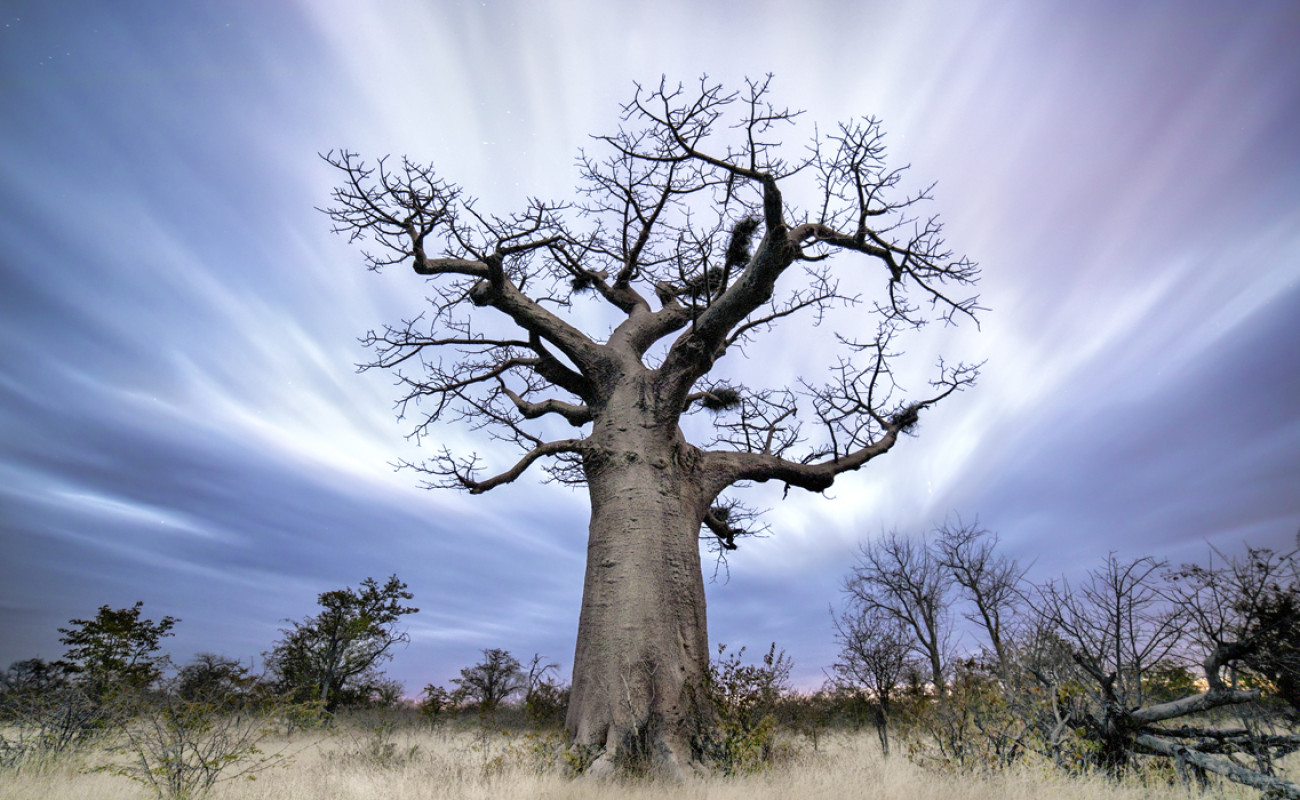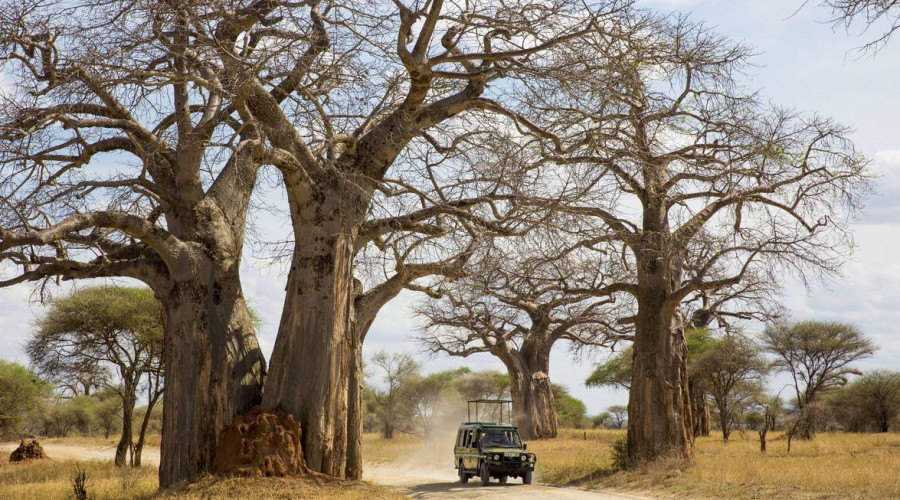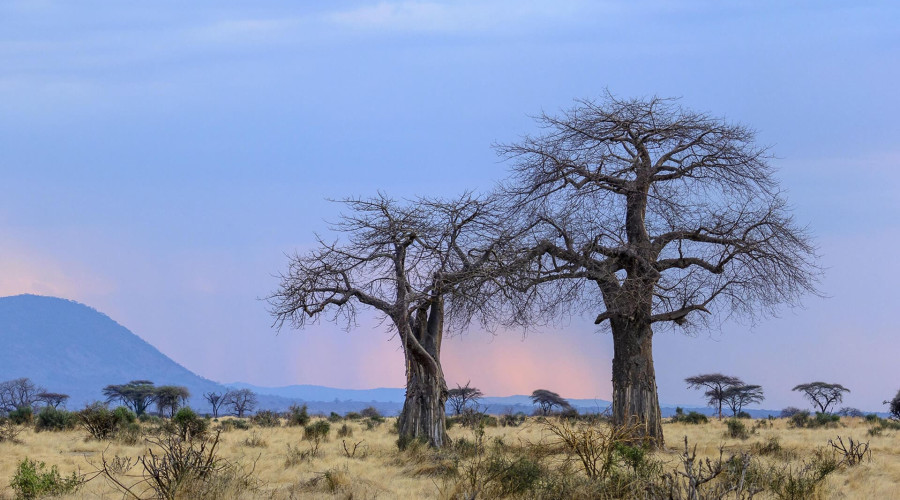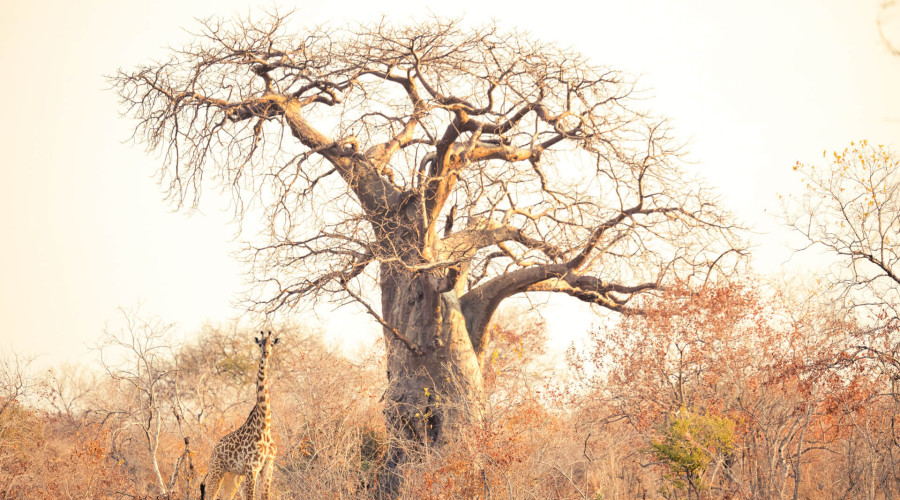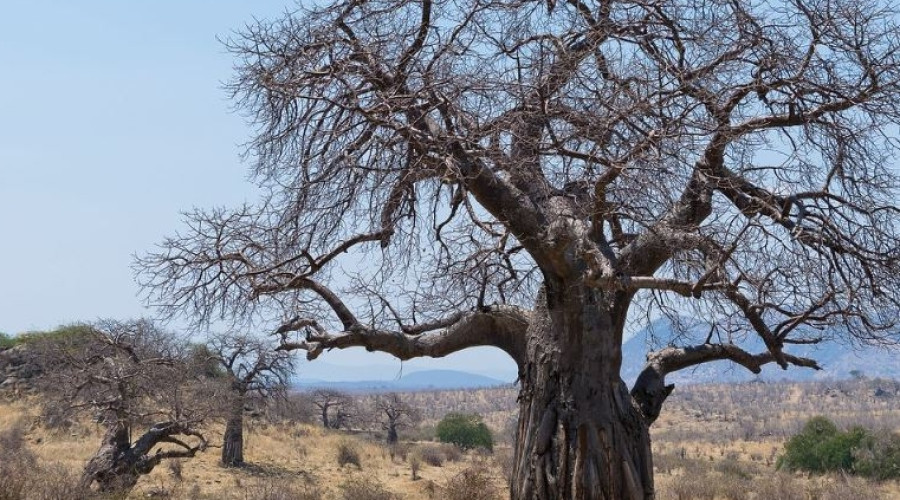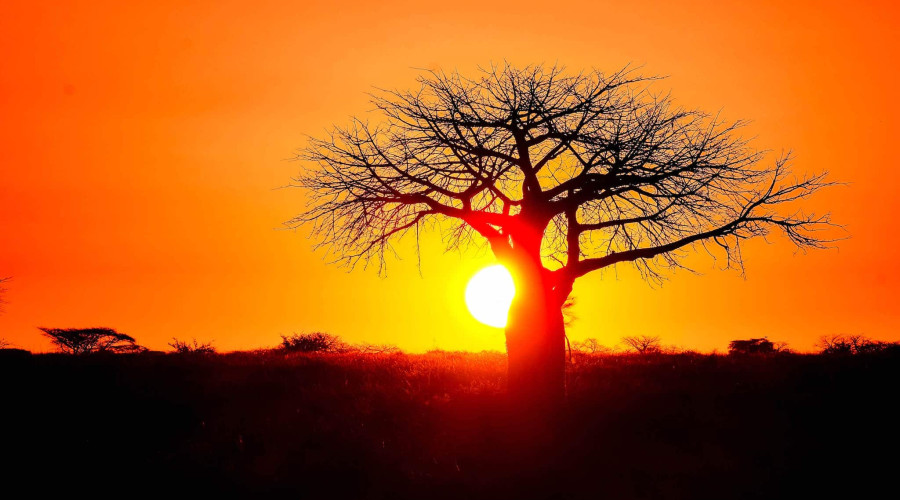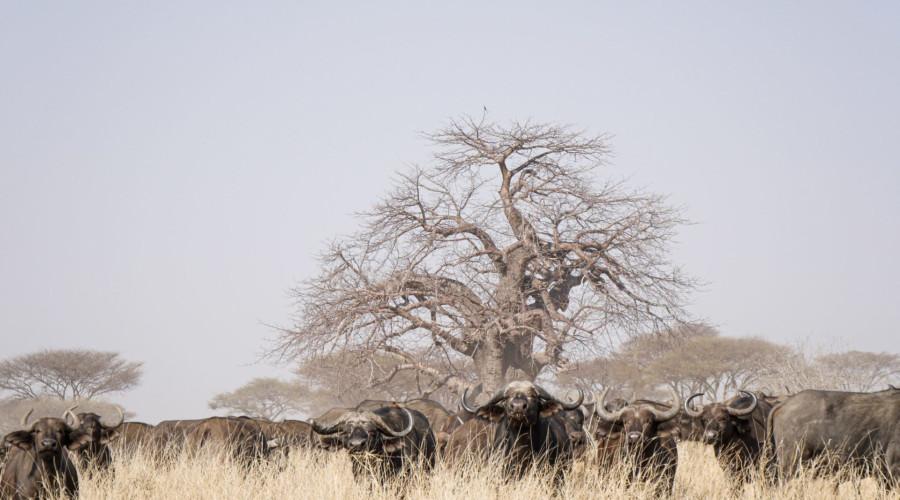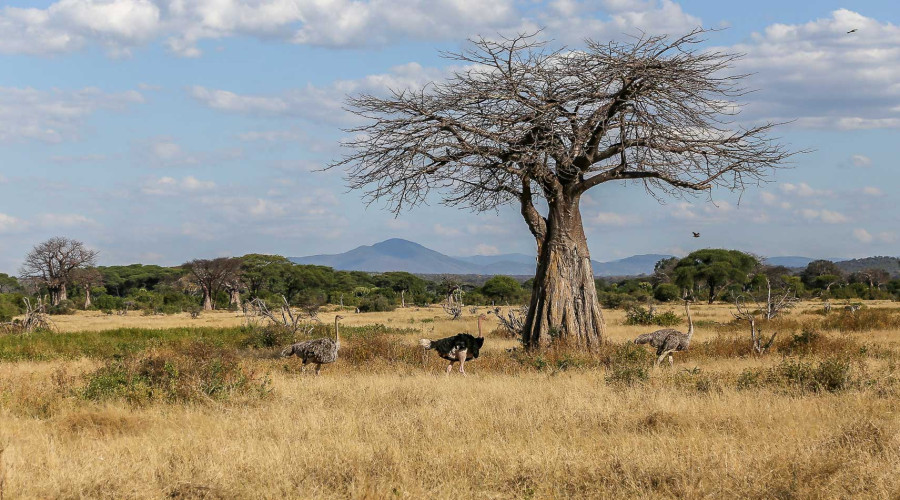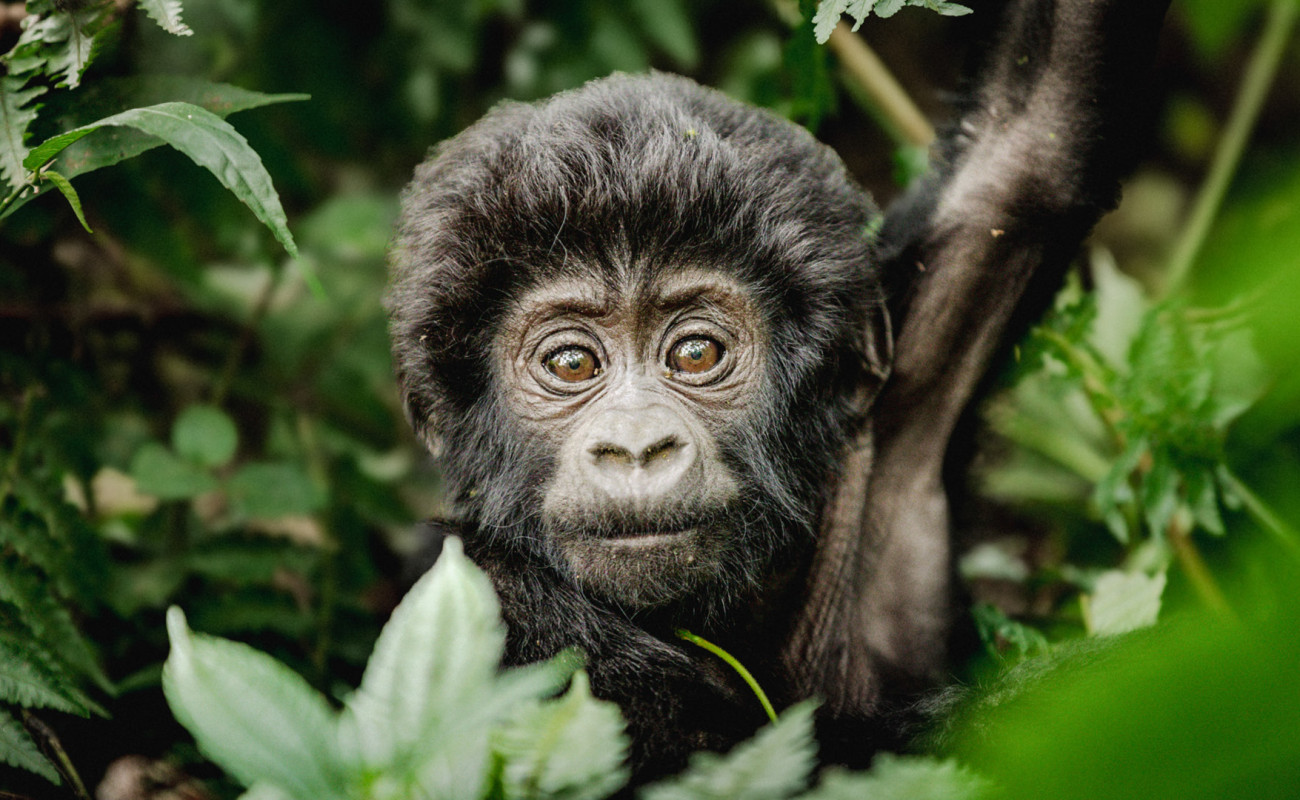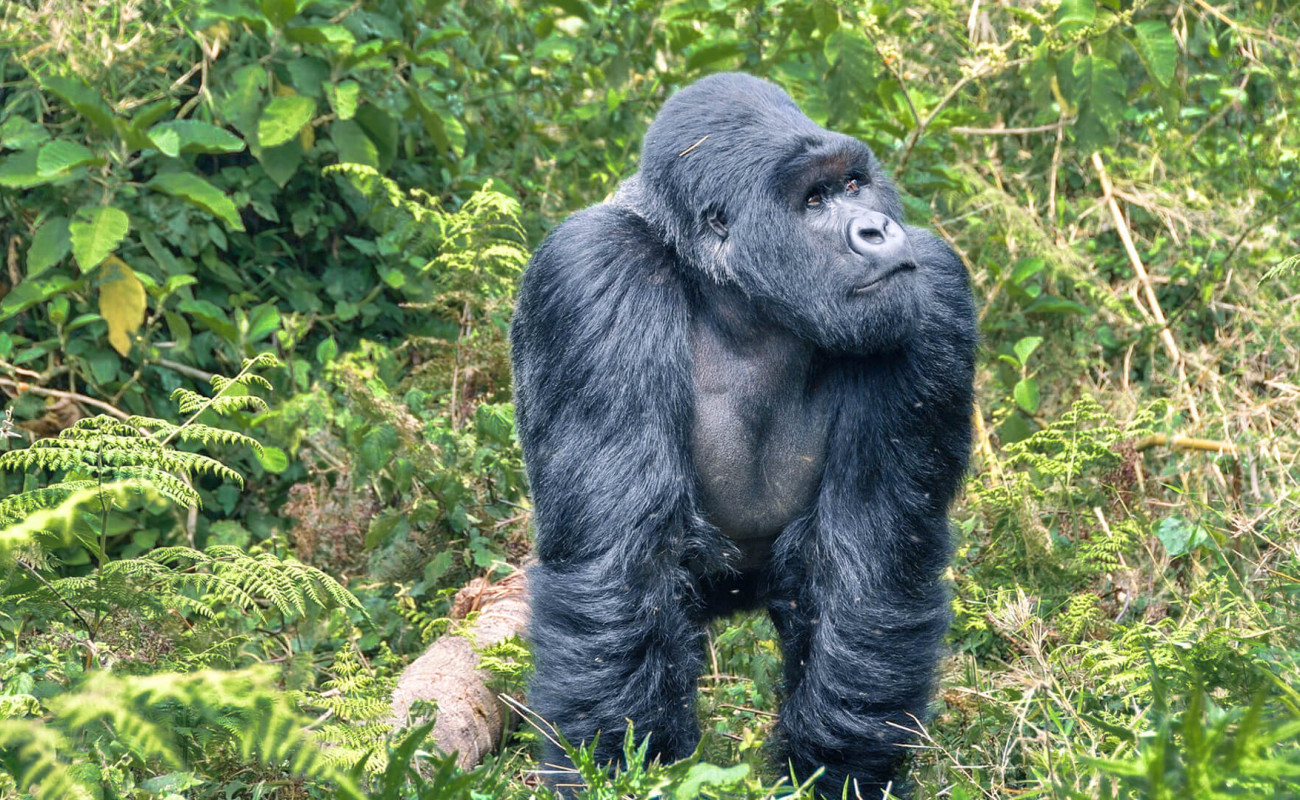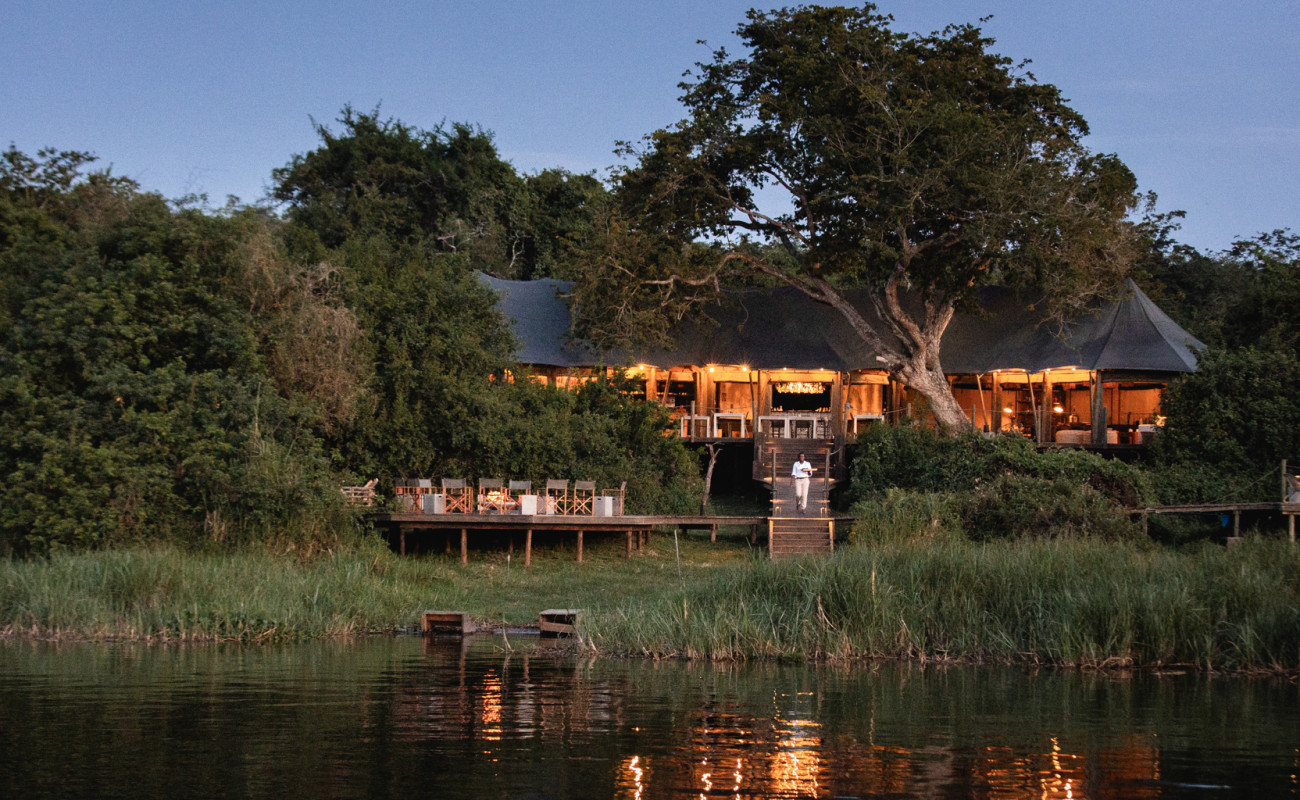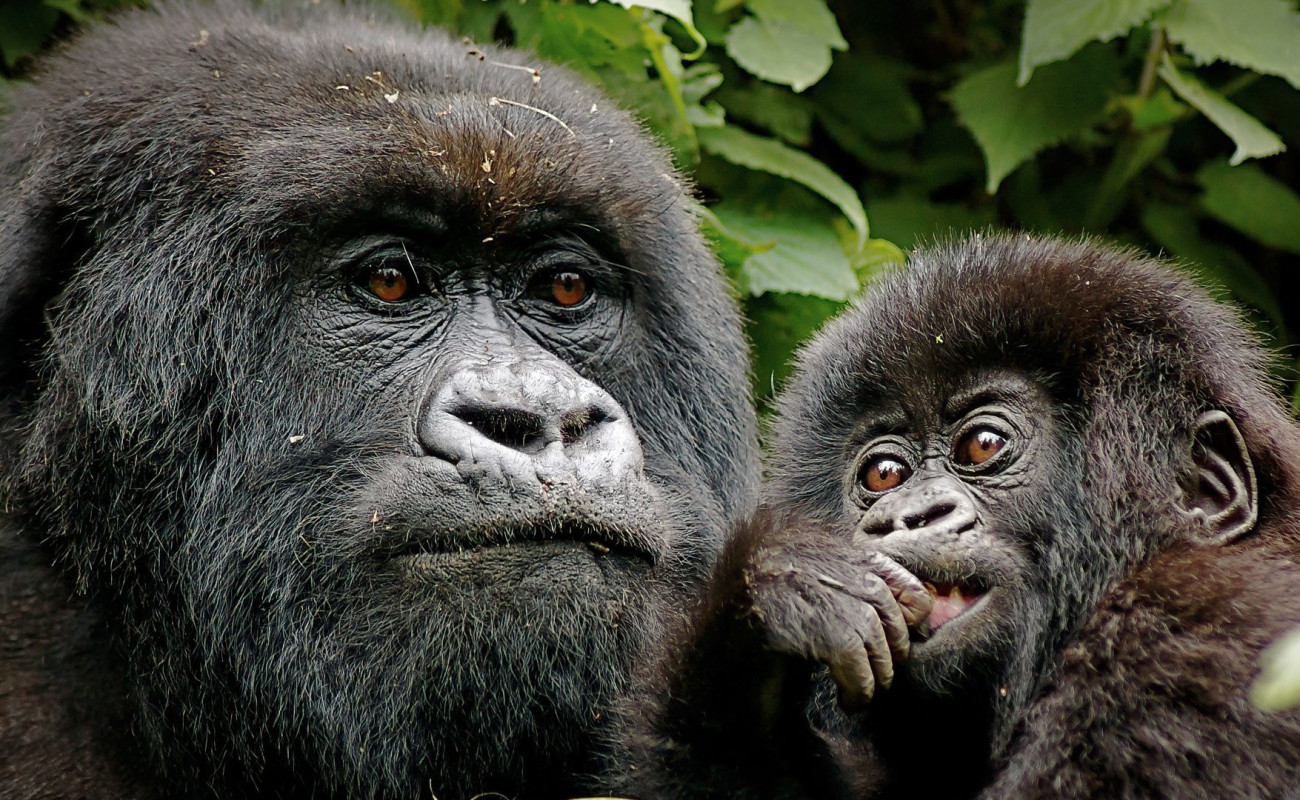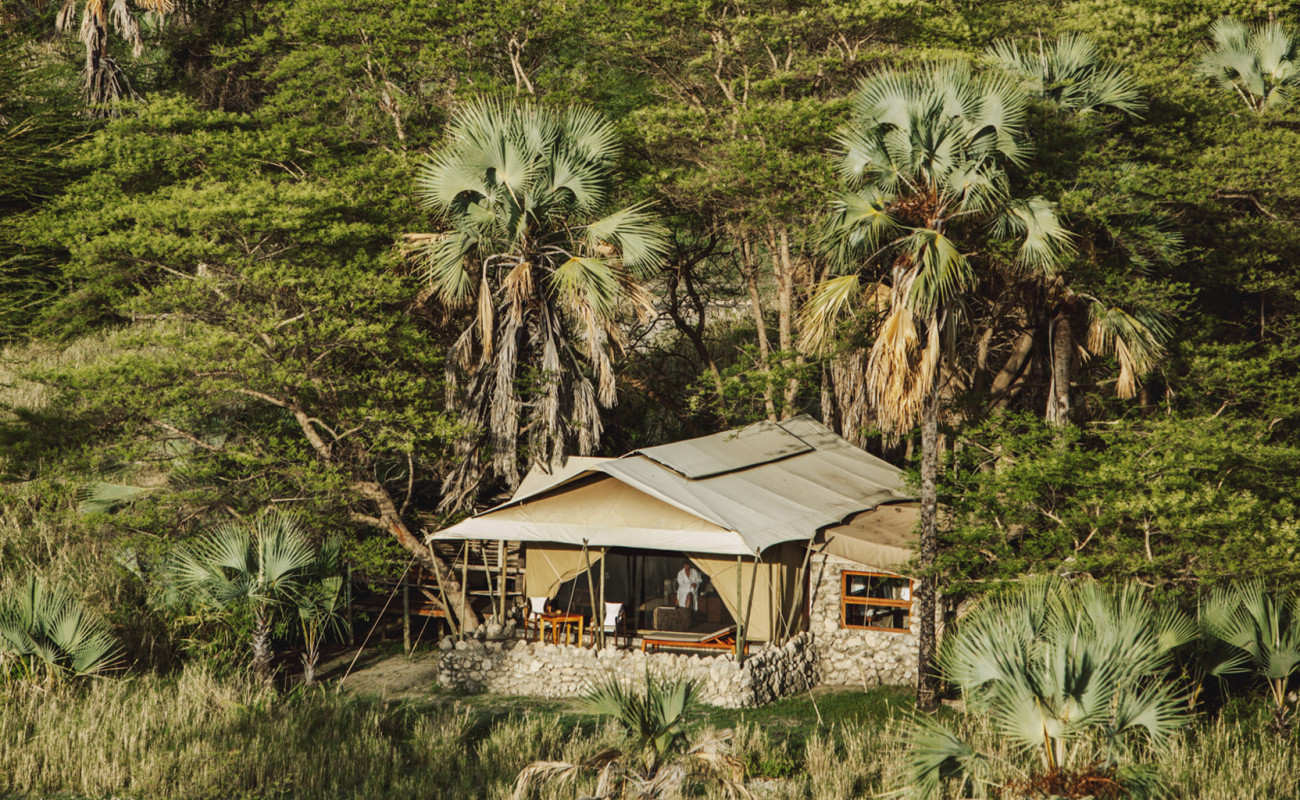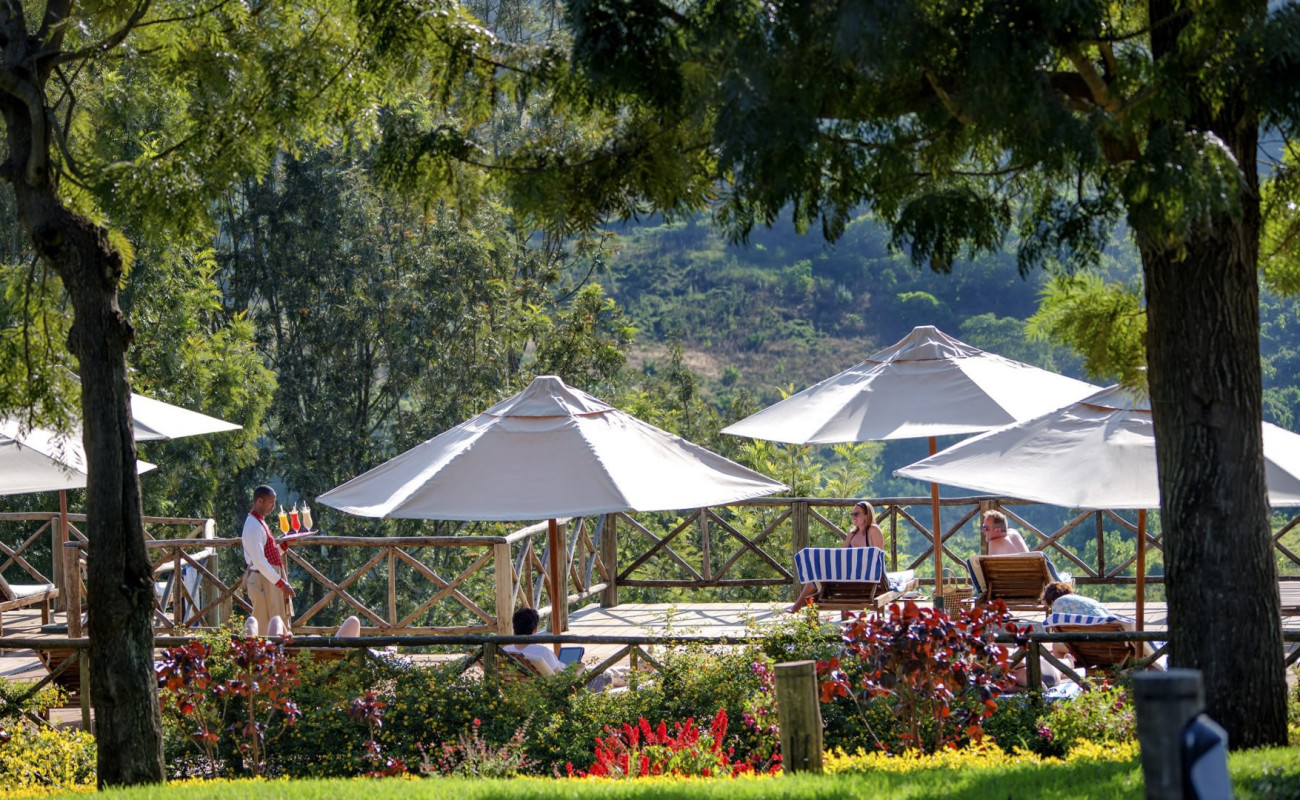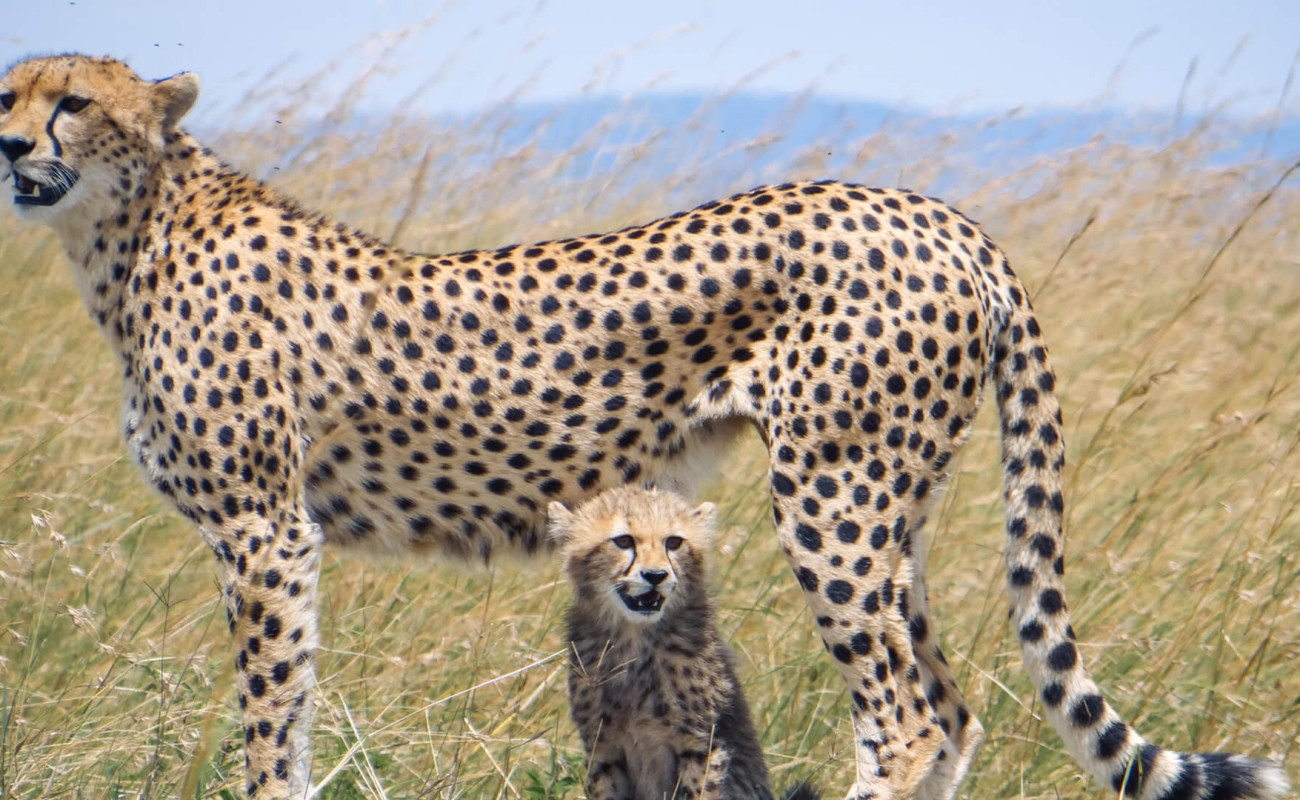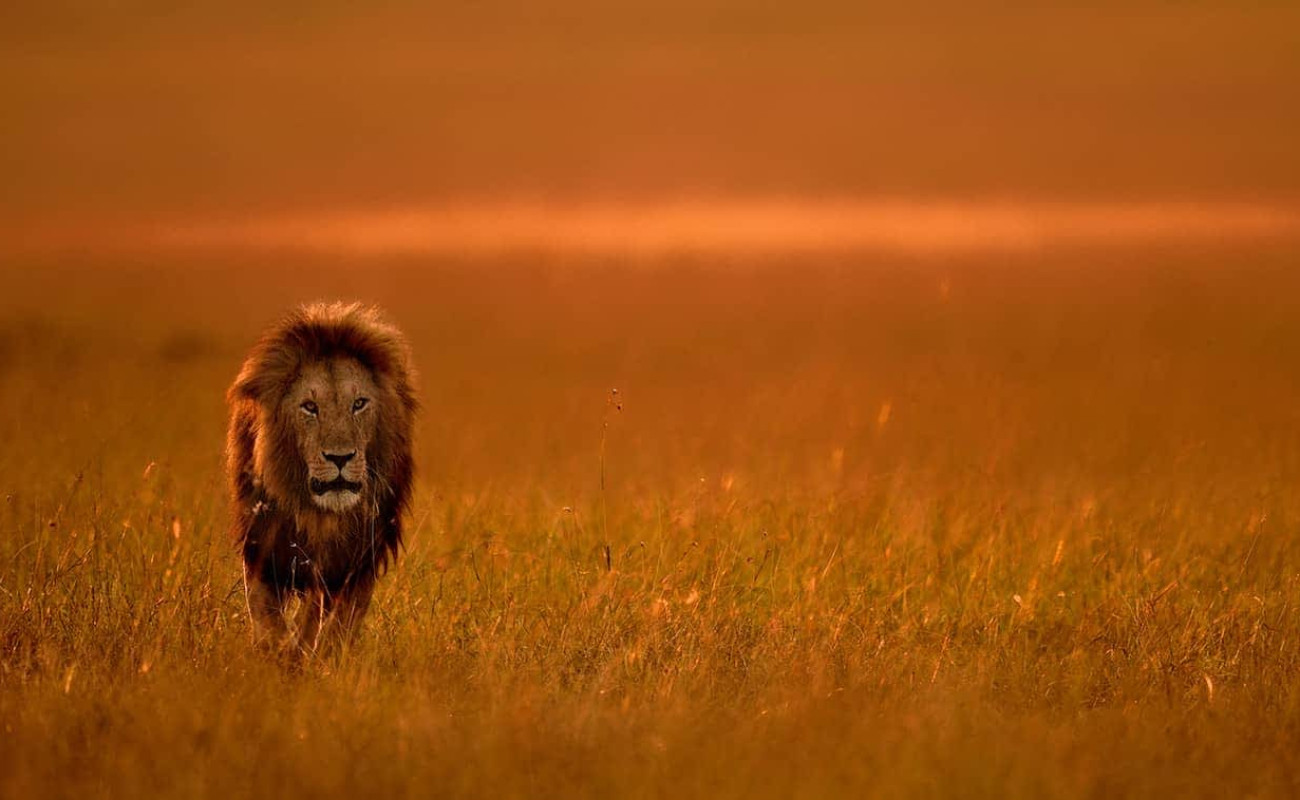At Eagle Soul Adventure, we design immersive journeys that go beyond traditional safaris. Our Baobab & Elephant Trails in Ruaha invite you to walk beneath these majestic trees, witness wildlife interactions, and connect with the ancestral spirit of the land.
Signature Experiences Include:
-
Guided walking safaris through baobab forests
-
Sunset game drives to baobab-lined plains
-
Cultural storytelling beside a baobab campfire
-
Night photography workshops under star-filled skies
To stand beneath a centuries-old baobab in Ruaha is to step into eternity. These monumental trees are more than plants — they are storytellers, life-givers, and spiritual pillars.
Whether you're a photographer, wildlife lover, cultural explorer, or simply in search of silence and wonder, Ruaha’s baobabs will move you.
Ready to explore Tanzania’s ancient heart?
Let Eagle Soul Adventure craft your personalized safari — where nature, culture, and history intertwine beneath the mighty baobabs of Ruaha.
Connect with us today and begin your journey into the wild soul of Africa.

